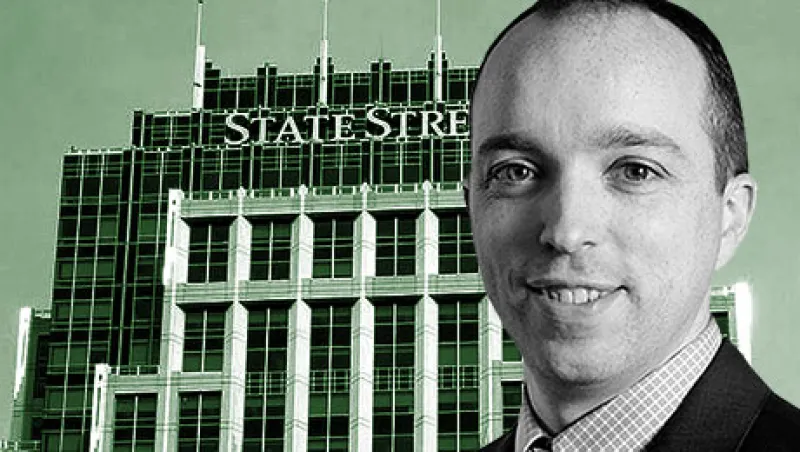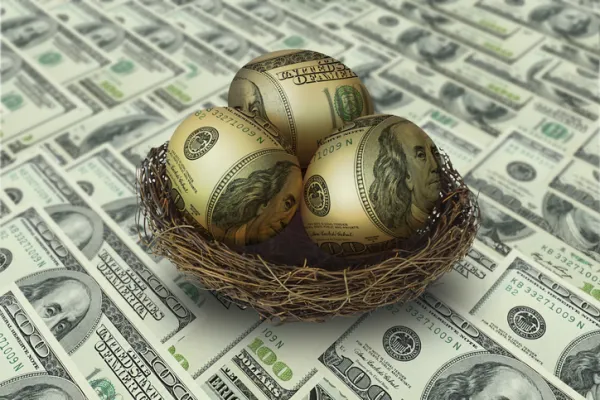Share buybacks are falling out of favor among investors, according to a new Goldman Sachs report, and likely will continue to do so until either the retail sector picks up or new federal tax regulations are put into place.
Buybacks decreased by 11 percent in 2016 and are down 20 percent so far in 2017, according to the Goldman report, written Goldman’s chief U.S. equity strategist David Kostin and his team. (Kostin could not be reached by phone Tuesday.)
“Firms often regret repurchasing shares at high valuations,” Kostin wrote in the report, which was released May 1. “Investors are now penalizing stocks that emphasize repurchases, reversing the pattern in recent years of rewarding firms that prioritized buybacks.”
Buybacks had been used by companies as a way to return cash to shareholders without issuing a dividend. Managers of shareholder activist funds, which enjoyed a resurgence in recent years, pressured companies with high cash balances to buy back shares.
“It was just a great way for companies to find a way to find a return to shareholders given fewer shares and pushing the earnings up,” Tom Stringfellow, CIO and fund co-manager at Frost Investment Advisors, tells Institutional Investor. Stringfellow runs the Frost Value Equity Fund, an institutional ETF that invests based on dividend payouts.
One of the major reasons buybacks are now falling out of favor is a struggling retail market, according to Matt Bartolini, head of SPDR Americas research for State Street Global Advisors, which operates the SPDR range of ETFs. Retail companies, like Yum! Brands Inc., Michael Kors Holdings, and McDonald’s Corp. are among the companies with the largest buyback schemes, according to the Goldman report. But as retailers increasingly file for bankruptcy or cut back on spending, buybacks are going by the wayside, Bartolini said.
This isn’t the only factor slowing share buybacks, though. Uncertainty over federal regulations on taxes and overseas imports has forced companies to press a pause button on plans for share buybacks, according to the Goldman report.
This is because shifting capital without clarity on the changes the federal government will make to the tax code is a risky move, Kostin noted. Previous estimates had accounted for repatriation of overseas cash to take place in 2017, he wrote. As a result, Goldman had estimated that buybacks would increase 30 percent in 2017, as compared with 2016. Instead, Kostin and his team are projecting a much lower rate of increase — just 2 percent — thanks to slow policy changes from the federal level.
“We’re watching tax reform and how that may impact certain parts of that market,” says Bartolini. “Will those companies deploy that cash for a buyback or for capital expenditures?”
Buyback ETFs are showing much of the same investor sentiment. The two major buyback ETFs — Invesco’s PowerShares Buyback Achievers ETF and State Street’s SPDR S&P 500 Buyback ETF — popped after Donald Trump was elected, as a tax holiday was thought of as inevitable. However, these stocks have since leveled off as investors wait to see how regulations will affect share buybacks.
Kostin and his team suggest that instead of waiting to see how buybacks perform, investors should look at companies with the highest expected dividend growth. This includes Abbvie, Automatic Data Processing, Honeywell International Inc. and Marathon Petroleum Corp., according to Kostin.
“Investing in dividends is symptomatic of investors looking for more sustainability in returns of capital,” said Stringfellow.







